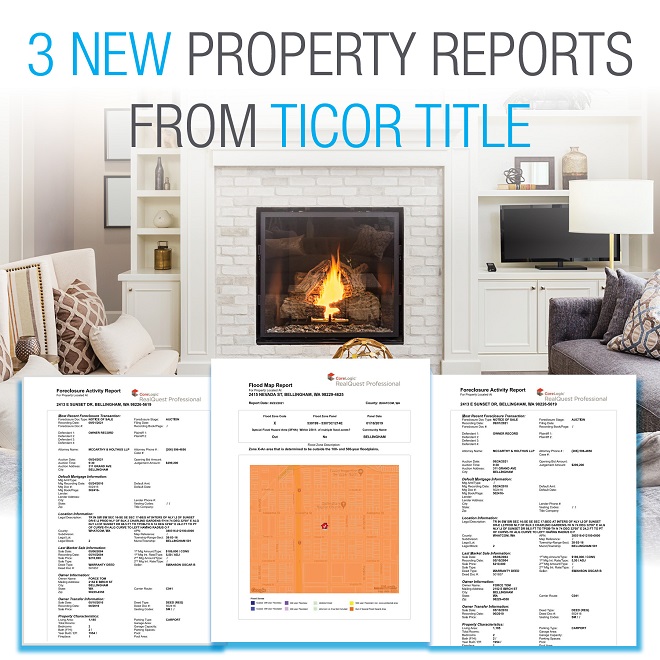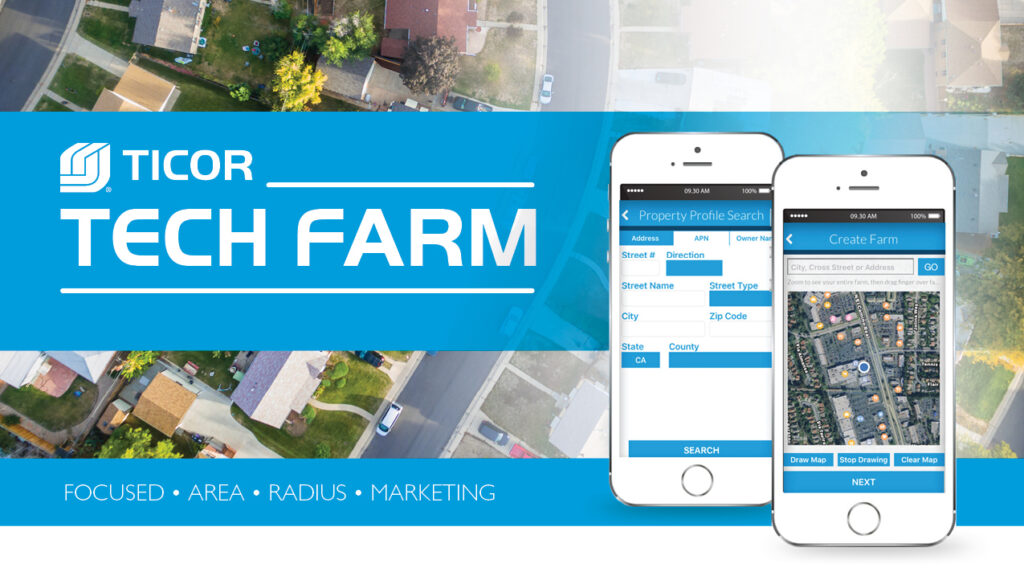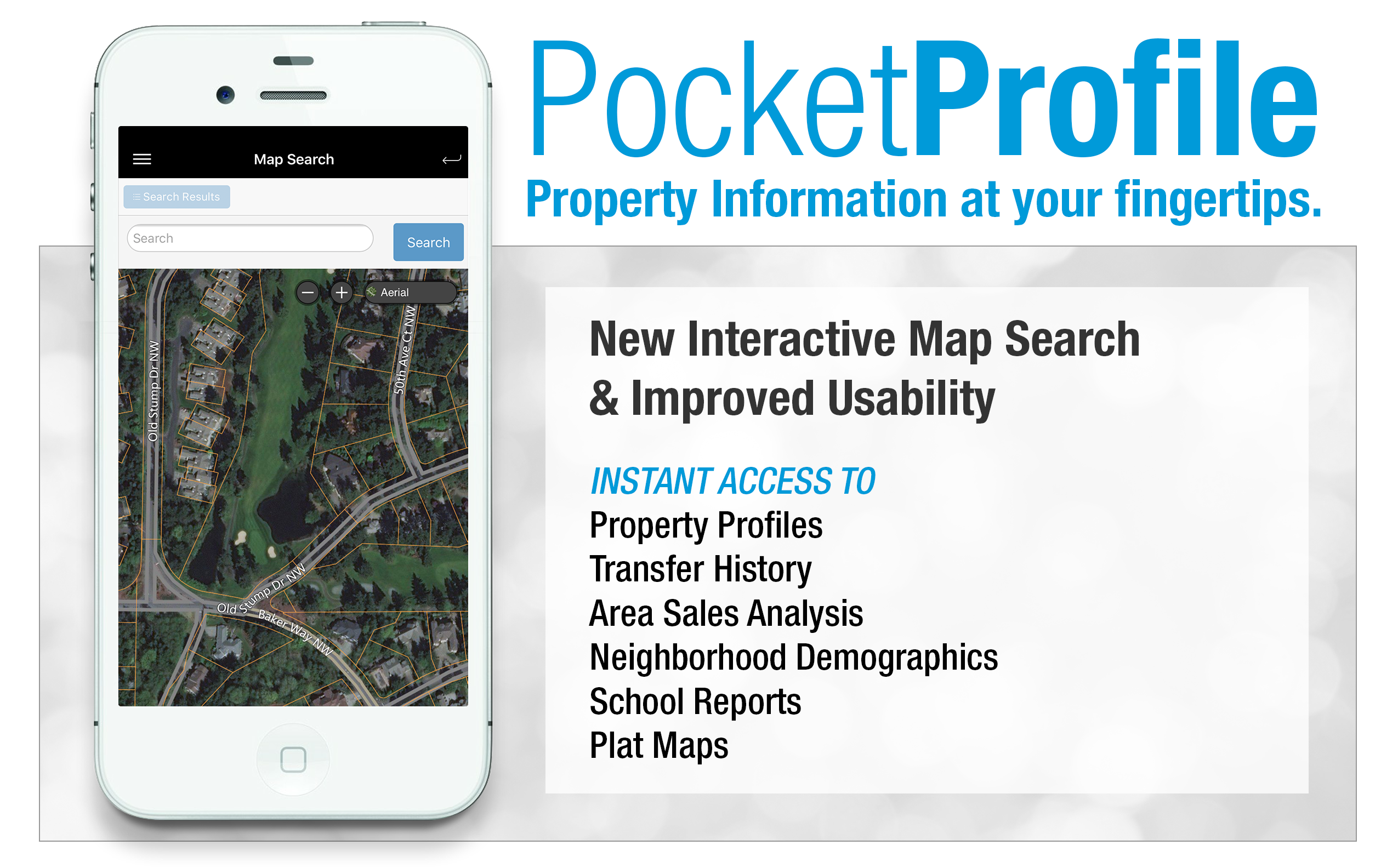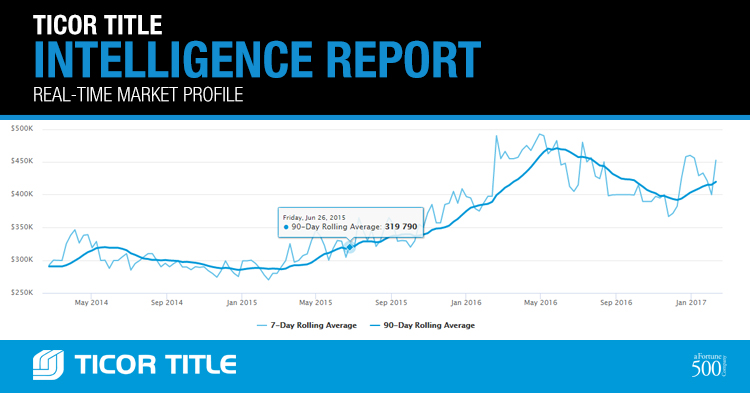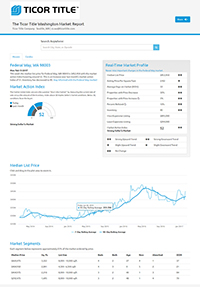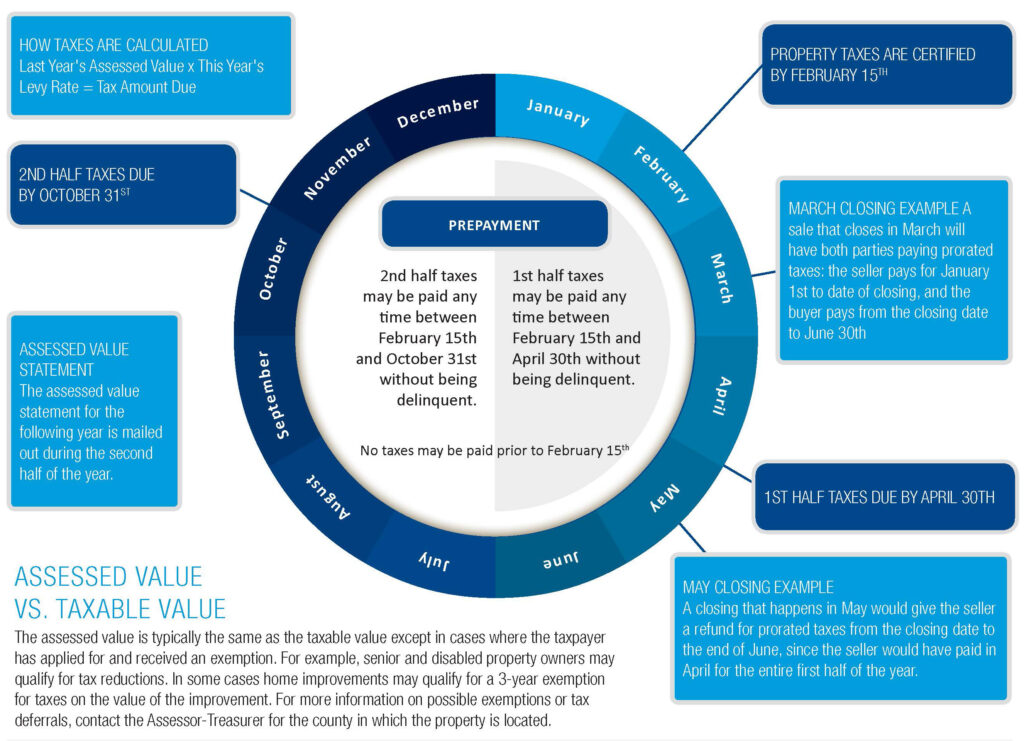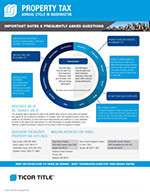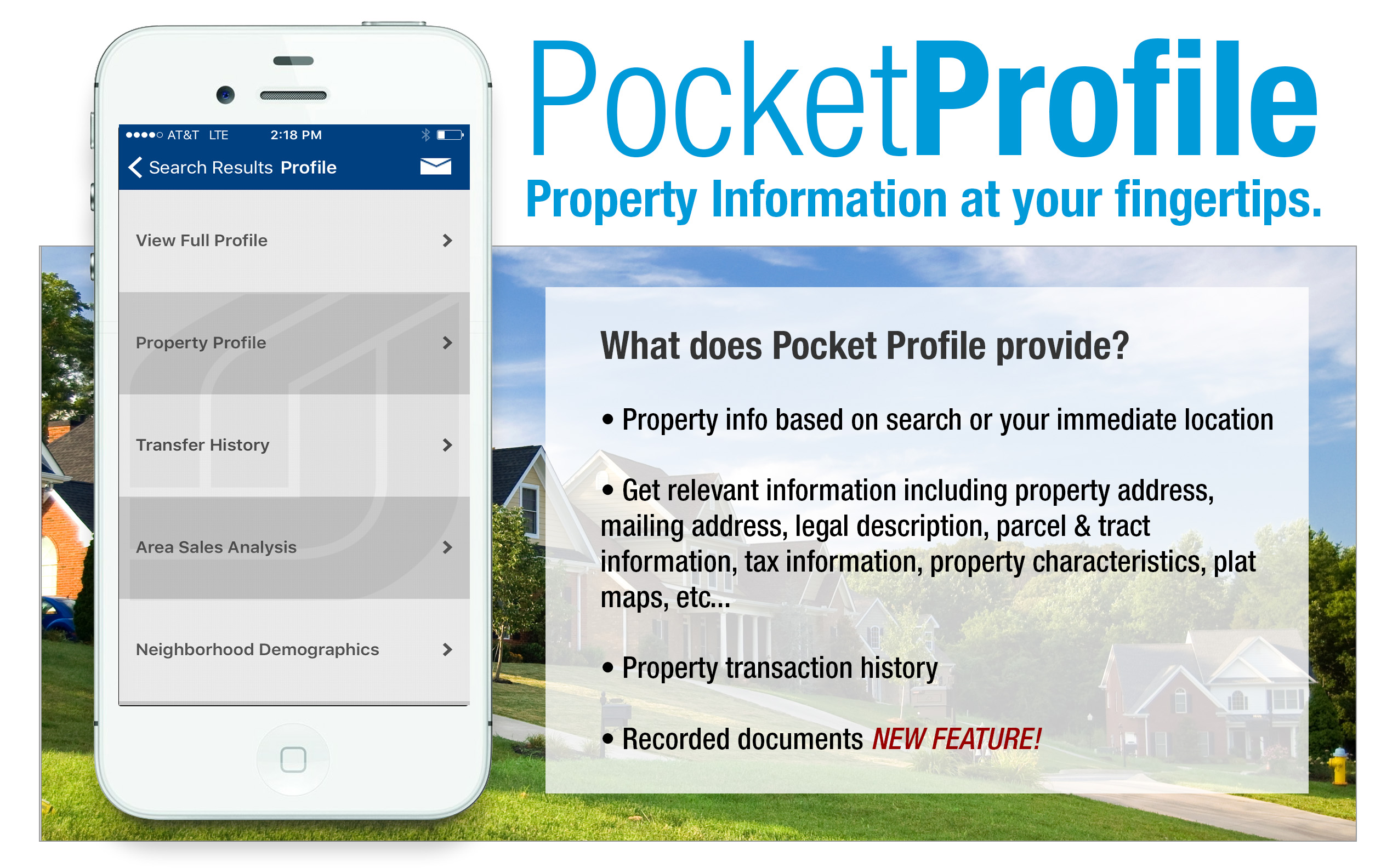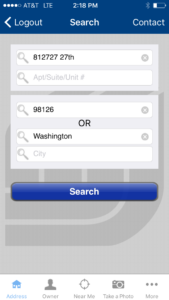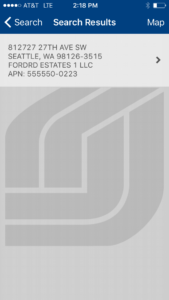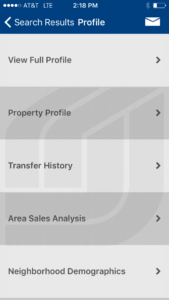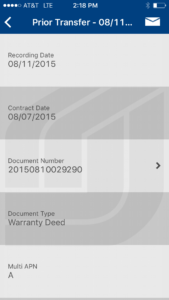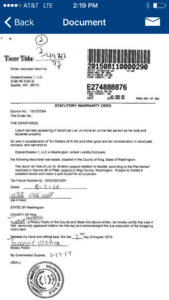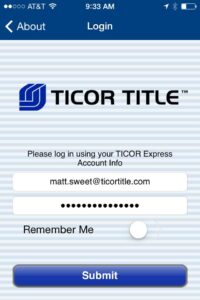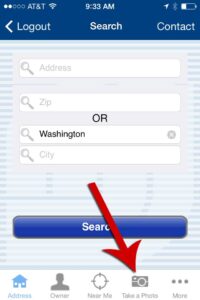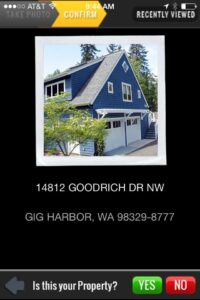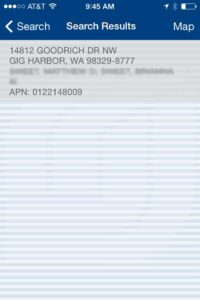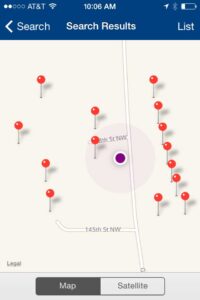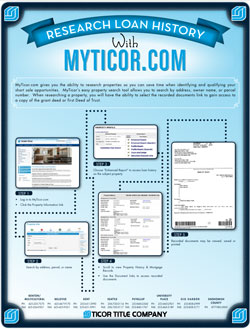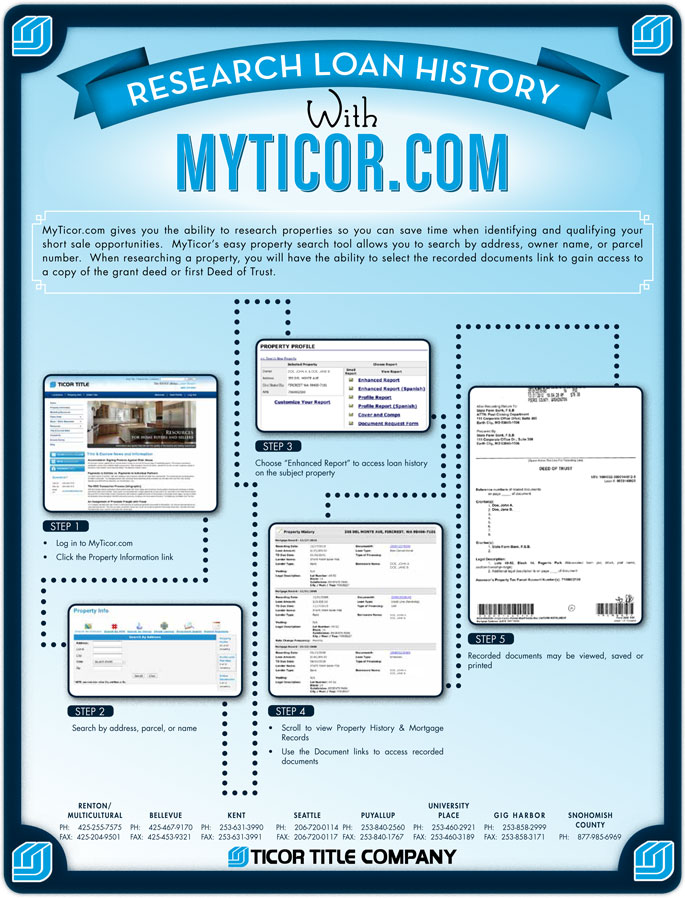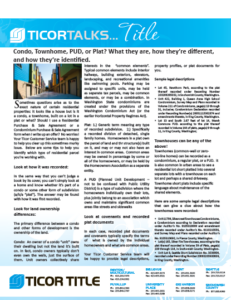
This time of year usually brings a renewed interest in property taxes. We’ve written about the property tax annual cycle before. Today we’re going to address the question of tax appeals and exemptions.
Is it possible to reduce what I pay for property taxes?
Download
To download a printable version of this article, click here.
For many of us the answer is probably no. There is an appeals process plus a number of programs where property owners may qualify for exemptions or deferrals.
Property Tax Appeals
Each county provides specific information on appealing your property tax valuation. This information will include instructions on how to appeal, when you may appeal, what evidence you will need to provide, tools for gathering information, and a description of the appeals process.
You may qualify
According to the King County Department of Assessments, there are more than 26,000 senior citizens and disabled persons that qualify for exemption yet they have not enrolled.
One of the more common reasons to appeal is a change in property value. For this reason each county provides free databases (or online search tools) that you can use for locating sold properties that are comparable to yours. If you can find similar properties that sold for less than the assessed value of your home, it may be worth your time to appeal your valuation.
Comparable Sales – Comparable sales are properties of a similar lot size, quality, living area, age, and added details like view or waterfront. If you are planning on appealing your property tax valuation, you may be required to list comparable sales that support your request on your appeal petition.
Errors in your property description – From time to time the assessor may make errors in the description of a property. Any errors in how your property is described should be noted in your petition. You can also provide other documentation such as pictures, repair bids, or geology reports if there are structural or site problems that would reduce market value.
Property Search tools
It’s the law
State law requires the Assessor to value all taxable property at 100 percent of its true and fair market value in money, according to the highest and best use of the property.
King County Property Search
Pierce County Property Search
Snohomish County Property Search
Information on appeals
King County Property Tax Appeals
Pierce County Property Tax Appeals
Snohomish County Property Tax Appeals
Property Tax Exemption & Deferral Programs
Some taxpayers may qualify for tax exemptions or tax deferrals. Exemptions generally provide a reduction in the amount of taxes due, whereas deferrals provide temporary relief by applying the deferred taxes as a lien against the property.
Below are a few categories of exemptions & deferrals provided by the Washington State Department of Revenue. The county assessor administers these programs and is responsible for determining if applicants meet the qualifications. Questions about these programs should be directed to the county assessor’s office.
Deferrals
Property tax deferral program for senior citizens and disabled persons
Property tax deferral program for homeowners with limited income
Assistance in the form of a Grant
Property tax assistance program for widows or widowers of veterans
Exemptions
Property tax exemption for nonprofit organizations
Property tax exemption program for senior citizens and disabled persons
Finally, there is a large list of other possible deferrals & exemptions available through the county assessor that may be available for a qualifying property depending on it’s condition, historic significance, or how it is used.
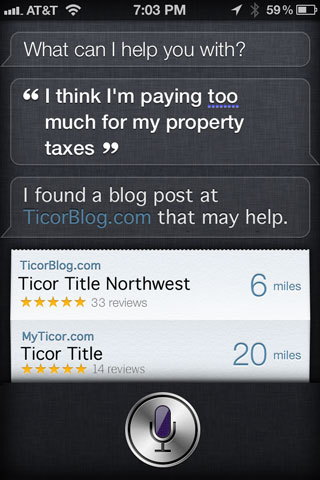
What would siri have to say about saving on property taxes?
Some examples are:
- Homeowner Improvement
- Flood and Storm Damaged Property
- Current Use Open Space
- Current Use Forest Land
- Historic Property
- Designated Forest Land
- Character building benevolent, protective or rehabilitative social services
- Veterans and relief organizations
- Libraries
- Orphanages
- Day care centers
- Nursing homes and hospitals
- Schools and colleges
- Art, scientific and historical collections
- Fire companies
- Humane societies
- Musical and artistic associations
- Public assembly halls
- Certain public authorities
- Sheltered workshops for the disabled
As a reference, here are some resources for King, Pierce, and Snohomish counties.
King County
| Address |
Department of AssessmentsProperty Tax Advisor Office516 3rd Ave, Room 1236Seattle, WA 98104Toll Free: 1-800-325-6165 ext. 5-6330TTY: 206-205-6338
Fax: 206-296-0948
taxadvisor@kingcounty.gov |
| Exemption Questions |
(206) 205-6330 |
| Website |
Appeals |
| Comparable Sales |
Comparable Sales |
Pierce County
| Address |
Assessor-TreasurerAnnex (Public Services Building)2401 South 35th Street Room 142Tacoma, WA 98409(253) 798-6111pcatr@co.pierce.wa.us |
| Exemption Questions |
(253) 798-6111 |
| Website |
Appeals |
| Comparable Sales |
Comparable Sales |
Snohomish County
| Address |
Assessor’s OfficeFirst Floor, Administration Building East3000 Rockefeller Ave, M/S 510Everett, WA 98201425-388-3615contact.assessor@co.snohomish.wa.us |
| Exemption Questions |
(425) 388-3540 |
| Website |
Appeals |
| Comparable Sales |
Comparable Sales |
